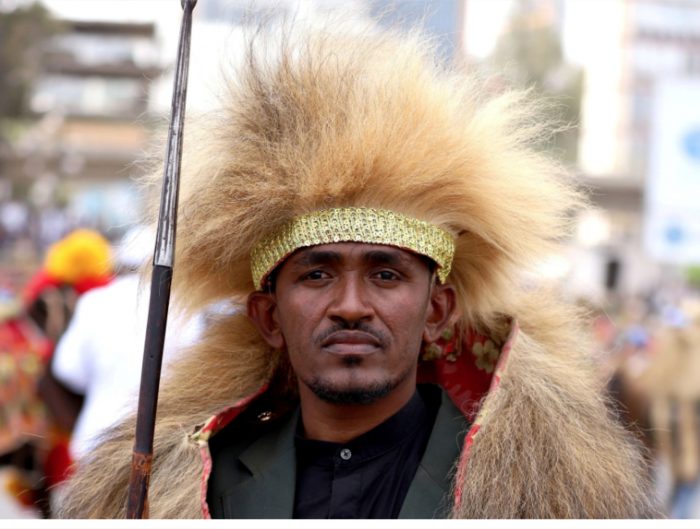Ethiopia’s Prime Minister Hailemariam Desalegn tendered his resignation and it was promptly accepted.
This makes him the first in modern Ethiopian history to voluntarily resign his position. He is giving up his post as Prime Minister and the Chairman of the ruling coalition Ethiopian People’s Revolutionary Democratic Front (EPRDF.)
In his resignation statement, the Prime Minister said that he was doing so in order to facilitate democratic reforms demanded by tens of thousands of protestors for more than two years.
The protests, which started out in late 2015 at Ginchi in the Oromiya province to protest the government’s decision to re-purpose land for investment (the so-called “master plan”), have spiraled out to other regions by Ethiopian youth demanding change. The government used a heavy hand to put down the protests by blocking the internet, declaring a state of emergency and arresting thousands of protestors and political leaders, which only fueled the protests.
Hailemariam Desalegn, who first assumed the post when Prime Minister Meles Zenawi died in office in 2012, is the chairman of Southern Ethiopia Peoples Democratic Front (SEPDF), one of four political parties which make up the ruling coalition front of EPRDF.
Ethiopia is scheduled to hold elections for national office in May 2020. In the 2015 elections, EPRDF or parties associated with it, swept the votes resulting in complete domination of the Federal parliament. Since then, there has been talk of modifying the electoral system–now “first-past-the-post”–to ensure representation of the opposition in the government.
Earlier this week, the government released from prison thousands of incarcerated citizens, including, Bekele Gerba, the deputy chairman of opposition group Oromo Federalist Congress (OFC.) The government had charged him with terrorism, using its expansive definition of the Anti-Terrorism Proclamation (ATP.)
He was, explained the government, “pardoned.”
What is next is unclear because the country’s deputy prime minister has no constitutional mandate and reports only to the Prime Minister. Since the Prime Minister is is the Chief Executive, the Chairman of the Council of Ministers, and the Commander-in-Chief of the armed forces, his resignation will not be effective until a new prime minister is named.





Leave A Reply